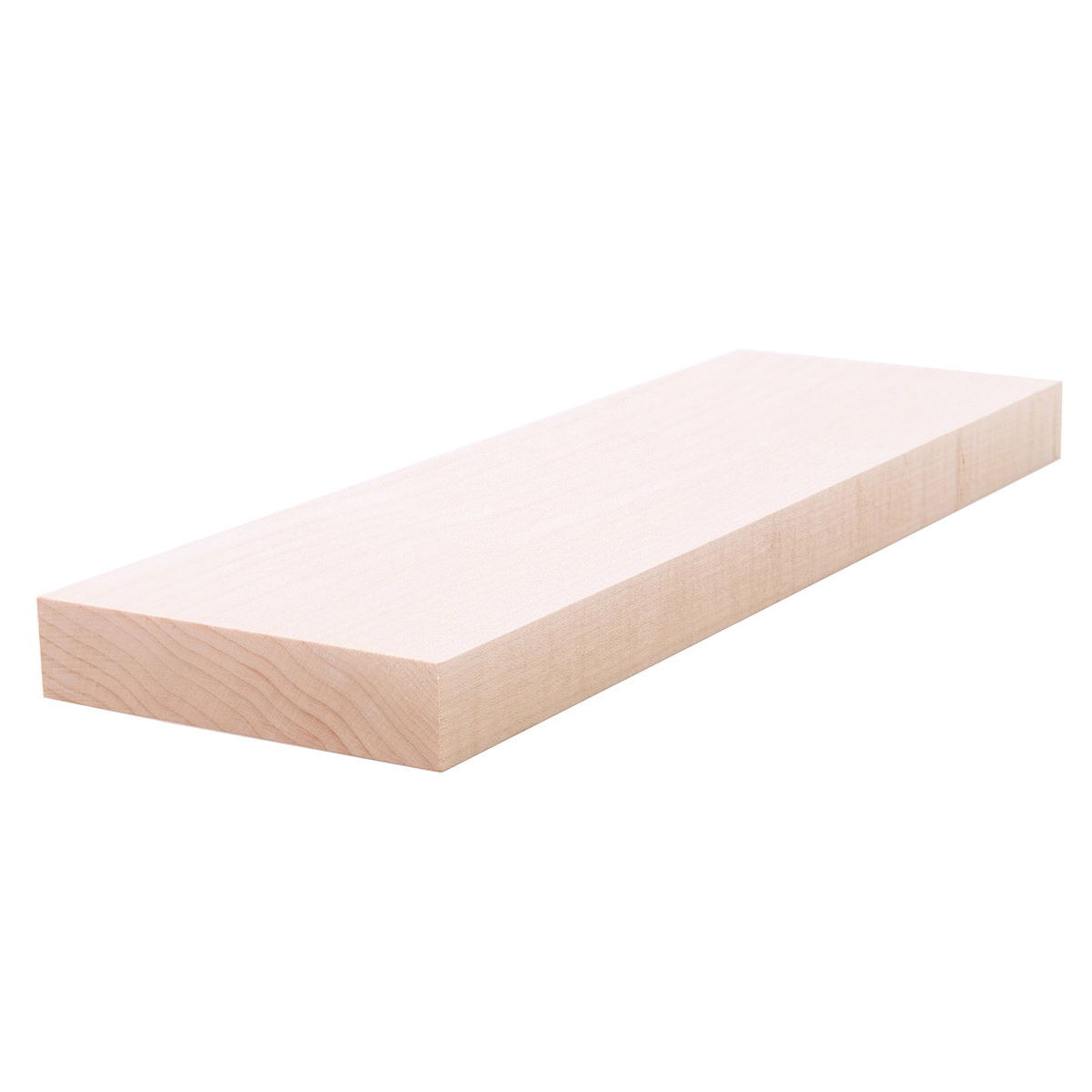Table of Content
Yet Home Depot's revenue sailed out of that recession, moving from a low of $65 billion in 2010 to $151 billion last year. Although few investors are predicting a similarly sharp pullback today, it is notable that shareholders earned excellent returns simply by holding Home Depot stock through the volatility around that major recession. The company had to pause that dividend payout during the worst of the financial crisis housing slump from 2009 through 2011. That painful period also included several years of slumping sales and annual earnings. A year-over-year 100-basis-point increase in Home Depot's net margins during the third quarter to 11.2%, paired with a 2.3% decline in the stock's outstanding diluted share count, enabled the company to put together another highly profitable quarter. Home Depot managed to easily beat analysts' expectations of revenue and diluted earnings per share in the third quarter ended Oct. 31.
This was the result of the fact that 12 out of Home Depot's 14 merchandising departments posted positive comps during the quarter, according to COO Ted Decker's opening remarks during the company's Q earnings call. Decker noted that the only two departments that didn't grow comps were indoor garden and lumber (comps were down by high single-digit percentages year over year for the department). Compared to the Zacks Consensus Estimate of $43.35 billion, the reported revenues represent a surprise of +1.03%. Rather than focusing on anything else, we at Zacks prioritize evaluating the change in a company's earnings projection. This is because we believe the fair value for its stock is determined by the present value of its future stream of earnings.
Brittney Griner Says She Will Play In WNBA This Season After Returning Home From Russia
A valuation method that multiplies the price of a company's stock by the total number of outstanding shares. C-RATED STOCKS are those stocks our Big Data multi-factor models score as probable to have negligible return for the month. This means you might prefer to wait on Home Depot stock if your time horizon is shorter than a few years. Longer horizons make it more likely that you'll profit from holding world-class businesses despite periods of economic disruptions. Home Depot clearly fits that description, so investors who can see beyond the current volatility should have no problem keeping the stock in their portfolios.

The size of the recent change in the consensus estimate, along with three other factors related to earnings estimates, has resulted in a Zacks Rank #3 for Home Depot. For the next fiscal year, the consensus earnings estimate of $17.37 indicates a change of +4.4% from what Home Depot is expected to report a year ago. For the current fiscal year, the consensus earnings estimate of $16.64 points to a change of +7.2% from the prior year. For the current fiscal year, the consensus earnings estimate of $16.56 points to a change of +6.6% from the prior year.
Is Trending Stock The Home Depot, Inc. (HD) a Buy Now?
Home Depot is one of the stocks most watched by Zacks.com visitors lately. So, it might be a good idea to review some of the factors that might affect the near-term performance of the stock. The third reason to consider buying Home Depot is that the stock offers income investors a sustainable 1.6% dividend yield, which is moderately higher than the S&P 500's 1.3% yield. The most encouraging figure from Home Depot's third quarter was that its big-ticket transactions (defined as purchases $1,000 and up) were up 18% year over year. This is important because the vast majority of big-ticket transactions tend to come from professional contractors, which are the most lucrative customer base for home improvement retailers. This healthy growth suggests that Home Depot will remain the preferred destination of pros for the foreseeable future.
Our analysis is essentially based on how sell-side analysts covering the stock are revising their earnings estimates to take the latest business trends into account. When earnings estimates for a company go up, the fair value for its stock goes up as well. And when a stock's fair value is higher than its current market price, investors tend to buy the stock, resulting in its price moving upward. Because of this, empirical studies indicate a strong correlation between trends in earnings estimate revisions and short-term stock price movements. With an impressive externally audited track record, our proprietary stock rating tool -- the Zacks Rank -- is a more conclusive indicator of a stock's near-term price performance, as it effectively harnesses the power of earnings estimate revisions.
Home Depot Stock: Buy Now or Wait?
Do-it-yourself shoppers pulled back spending in Q2 as inflation hurt their wallets. To answer this question, let's go over three reasons to buy the stock and one reason you might want to consider selling it. Sales increased to $151.2B in FY2021, compared to $132.1B the previous year. Tyrese Haliburton has grown on and off the court, and Cheribundi products have helped. The facts discussed here and much other information on Zacks.com might help determine whether or not it's worthwhile paying attention to the market buzz about Home Depot. However, its Zacks Rank #3 does suggest that it may perform in line with the broader market in the near term.

That explains why the stock has outperformed the broader market by such a wide margin. Home Depot's operating results were once again spectacular in the third quarter. But an equally impressive reason to buy the stock is its strong financial positioning. The Home Depot, Inc. engages in the sale of building materials and home improvement products.
The retailer is in for a bumpy sales period ahead.
Since analysts anticipate that Home Depot will grow its diluted EPS by 15% annually over the next five years, this should allow for double-digit percentage dividend increases in the medium term. This means that Home Depot could completely repay its long-term debt in about 17 months if it didn't pay a dividend and income taxes. Of course, it will take longer because the company will continue to pay a dividend and income taxes.

After all, it's nearly impossible for a company to increase its earnings for an extended period without increasing its revenues. For the current quarter, Home Depot is expected to post earnings of $4.11 per share, indicating a change of +4.9% from the year-ago quarter. The Zacks Consensus Estimate has changed +0.2% over the last 30 days.
The Zacks Consensus Estimate has changed +0.8% over the last 30 days. For Home Depot, the consensus sales estimate for the current quarter of $37.9 billion indicates a year-over-year change of +2.9%. For the current and next fiscal years, $156.53 billion and $160.28 billion estimates indicate +3.6% and +2.4% changes, respectively. As a result, I believe that the stock has appreciated too much in too short of a period of time. For instance, Home Depot's forward P/E ratio of 25.2 is considerably higher than the S&P 500's forward P/E ratio of 21.3. The stock undoubtedly deserves to be trading at a premium to the S&P 500, but I would argue the current 18% premium is a bit too much.

That's why I believe investors should put Home Depot on their watch list as one of the very first stocks to buy the next time the market experiences a pullback. D-RATED STOCKS are those stocks our Big Data multi-factor models score as moderately probable to fall in price. While these stocks score as UNATTRACTIVE, we believe the best shorts are our TOP SHORTS which are F-rated stocks. For Home Depot, the consensus sales estimate for the current quarter of $37.86 billion indicates a year-over-year change of +2.8%. For the current and next fiscal years, $156.42 billion and $160.2 billion estimates indicate +3.5% and +2.4% changes, respectively. The business boasts other key financial selling points, including industry-leading return on invested capital and robust free cash flow.
Founded in 1993 by brothers Tom and David Gardner, The Motley Fool helps millions of people attain financial freedom through our website, podcasts, books, newspaper column, radio show, and premium investing services. Represents the company's profit divided by the outstanding shares of its common stock. All values as of most recently reported quarter unless otherwise noted. Get stock recommendations, portfolio guidance, and more from The Motley Fool's premium services. Home Depot's operating momentum and impeccable balance sheet haven't gone unnoticed by Mr. Market, however.
We can see the impact on the chain's results, and it isn't devastating. With prices cooling, interest rates soaring, and a recession potentially on the way, Wall Street has abandoned the niche. Measures how much net income or profit is generated as a percentage of revenue.
Its products include building materials, home improvement products, lawn and garden products, and decor products. It offers home improvement installation services,and tool and equipment rental. The company was founded by Bernard Marcus, Arthur M. Blank, Kenneth Gerald Langone, and Pat Farrah on June 29, 1978 and is headquartered at Atlanta, GA. Home Depot is valued today at about 1.8 times annual sales, or close to its lowest valuation since 2016. The good news is that Home Depot has already experienced some of the pain that investors are fearing is on the way. Interest rates have been climbing and home sales slowing for a while now.
No comments:
Post a Comment